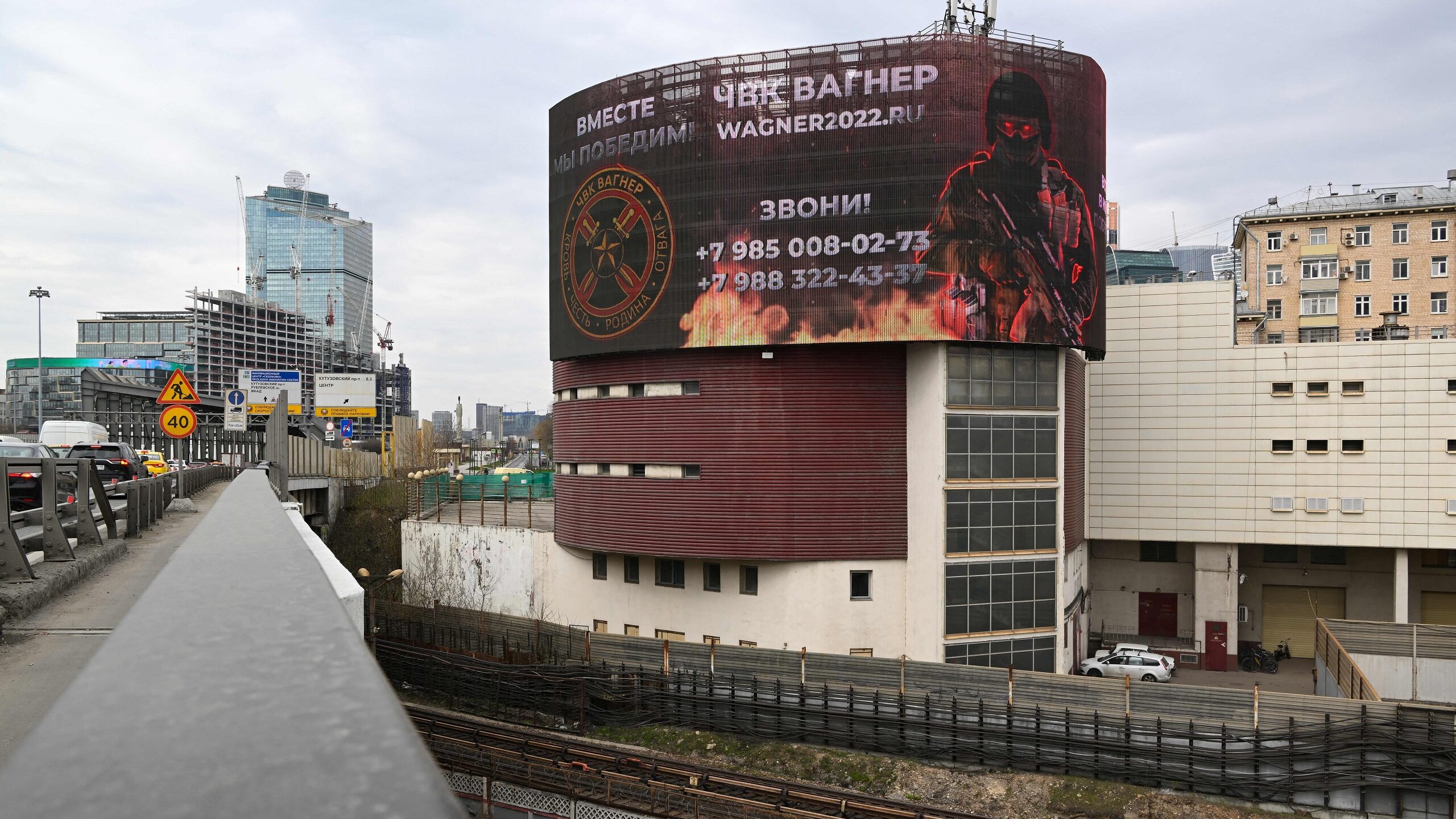500 Kilometers from Moscow
An-Nahar, Lebanon, June 28
Recent reports have surfaced indicating that a group of Russian mercenaries has been operating in various parts of the world under the direction of the Russian government. This force, which disregards the rules of war and basic humanitarian law, serves as a public manifestation of the power of the Kremlin. It appears that Vladimir Putin has failed to heed Machiavelli’s cautionary words in The Prince: “If a prince bases the defense of his state on mercenaries, he will never achieve stability or security.” For years, mercenaries with criminal backgrounds have provided a host of services to the Russian state—but in the end, their penchant for defying law and reason has come back to haunt them. The founder of the mercenary Wagner Group, Yevgeny Prigozhin, has a long and close relationship with Vladimir Putin. In the 1990s, Putin was deputy governor of St. Petersburg, and Prigozhin had been previously convicted and served nine years in prison. The two developed a strong bond, which contributed to Prigozhin’s transition from restaurateur to billionaire business tycoon. Rumors circulated that Putin was the driving force behind the Wagner Group, though Prigozhin has repeatedly denied his involvement. Prigozhin has made appearances in the Ukrainian war wearing a military uniform and leading mercenaries in Ukraine. The Wagner Group’s dark history of foreign military involvement preceded its involvement in the Syrian, Libyan, and African state conflicts, and, most recently, Sudan. Sources report that this group possesses weapons far superior to those available in global markets and that these weapons must have been obtained through official state approval. Reports also allege that this group shows no mercy, nor does it adhere to the rules of war, and has prioritized killing above all else. The group had achieved success in destroying the Ukrainian city of Bakhmut, but then their leader began to openly criticize the Russian military leadership. Accusations included cowardice and fleeing from the battle, as well as withholding weapons and armaments. This criticism soon escalated, with the leader suggesting that President Putin had been misled by false information in deciding to go to war with Ukraine, despite Western indifference to Russia’s occupation and annexation of Crimea. Taking an even bolder step, Wagner declared the Russian state “incapable of defending the country.” In an alarming move, the group then occupied a military base inside Russia and its convoy reportedly headed for Moscow—a warning to the entire nation—before retreating at the 500-kilometer mark. The nature of things is such that the development taking place is, indeed, natural. When a state or other entities create a military arm in addition to its official forces, this arm often turns against its originator. This has been seen in Lebanon, Sudan, Libya, and Yemen, wherein the state creates an additional militia equivalent to the official army, but with wildly divergent goals and little discipline. The result is often civil war. In these countries, the unauthorized military arm is often characterized by its lack of constraint; it kills without compunction or consequence. It is clear that the Wagner group did not engage in this operation solely for adventurous purposes. Calculations and ambitions were at play when they pursued a dangerous campaign against the powerful Russian state. The state may have supplied them with equipment, but their national will was the true power behind the mission. Initial expectations were that the campaign would only take weeks, yet it stretched over time and resulted in costly human losses among both the Ukrainians and Russians. Despite this, there still remains an unnatural trend of unofficial supporters of the war, and the Wager Group in particular, within Russia itself. This mercenary militia group stepped in to replace the state lacking direction in a war it didn’t know how to manage. The conflict is likely to intensify, resulting in a rift among the ranks of Russians, whose position is born out of fear, rather than confidence in the rightness of their leaders’ decisions to wage war. With the toppling of the fear barrier by the Wagner leadership, the wall of tacit support for the Kremlin within Russian society is crumbling. Will a change in regime be the result? The coming days and weeks will provide the answer. —Mohammed Al Rumaihi (translated by Asaf Zilberfarb)


